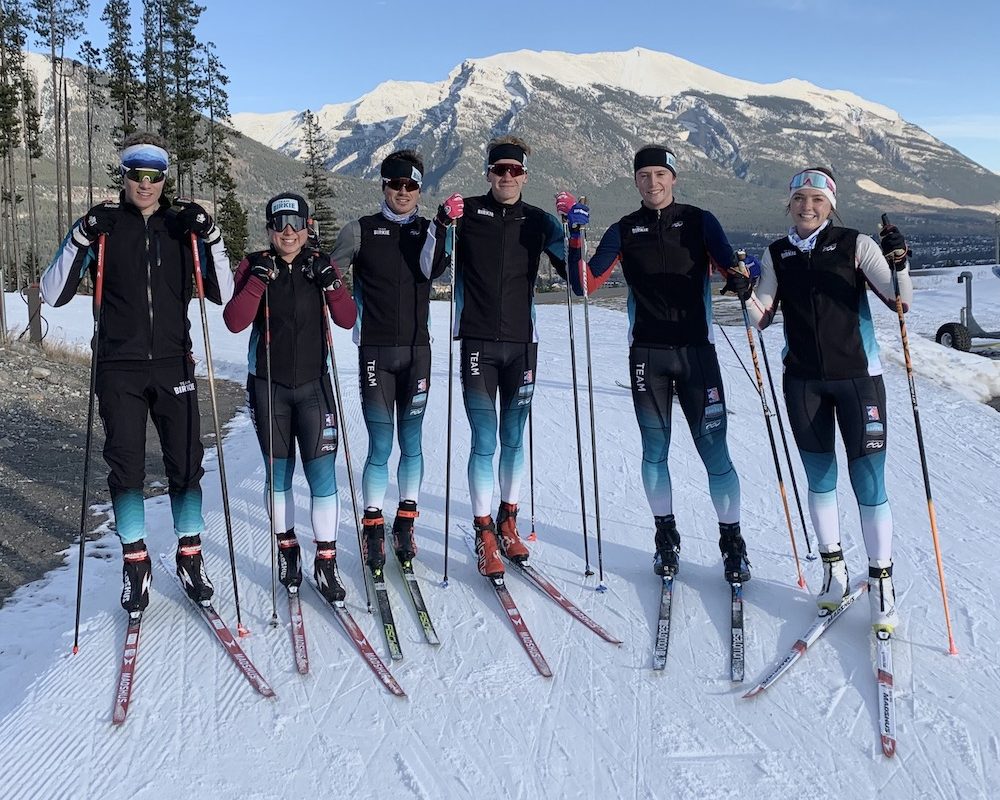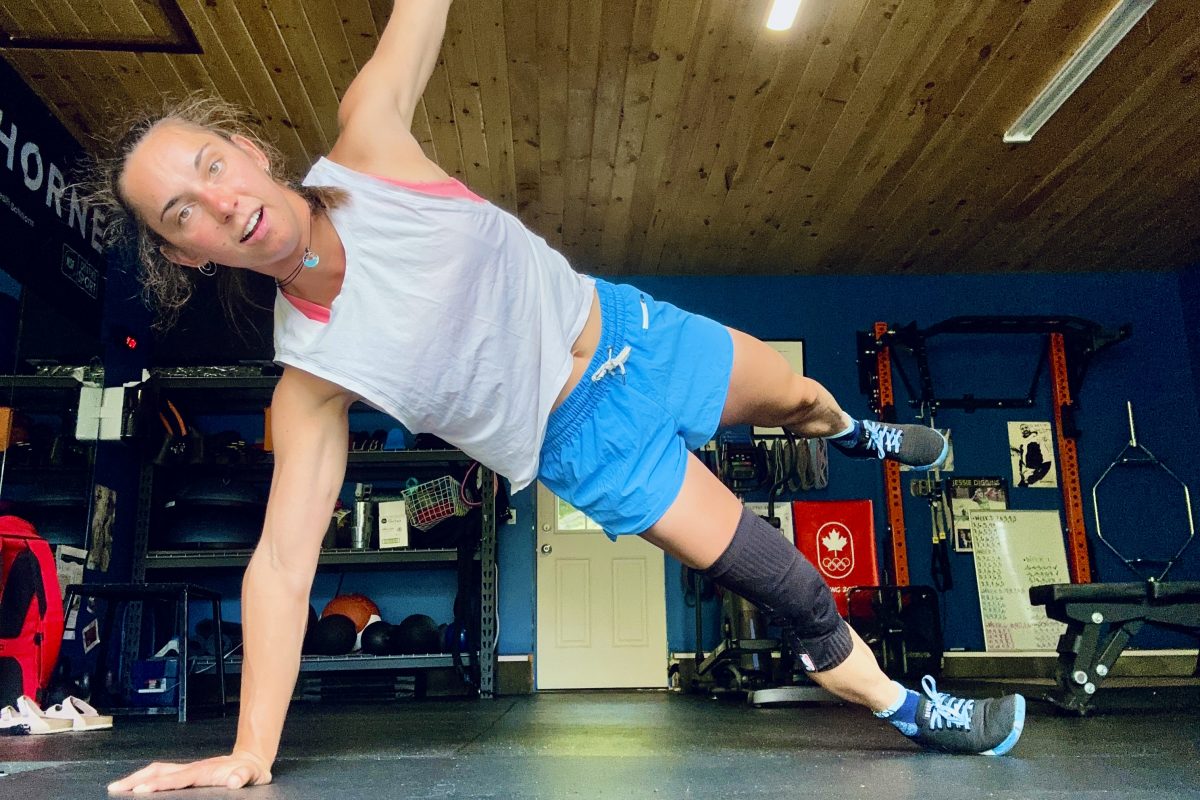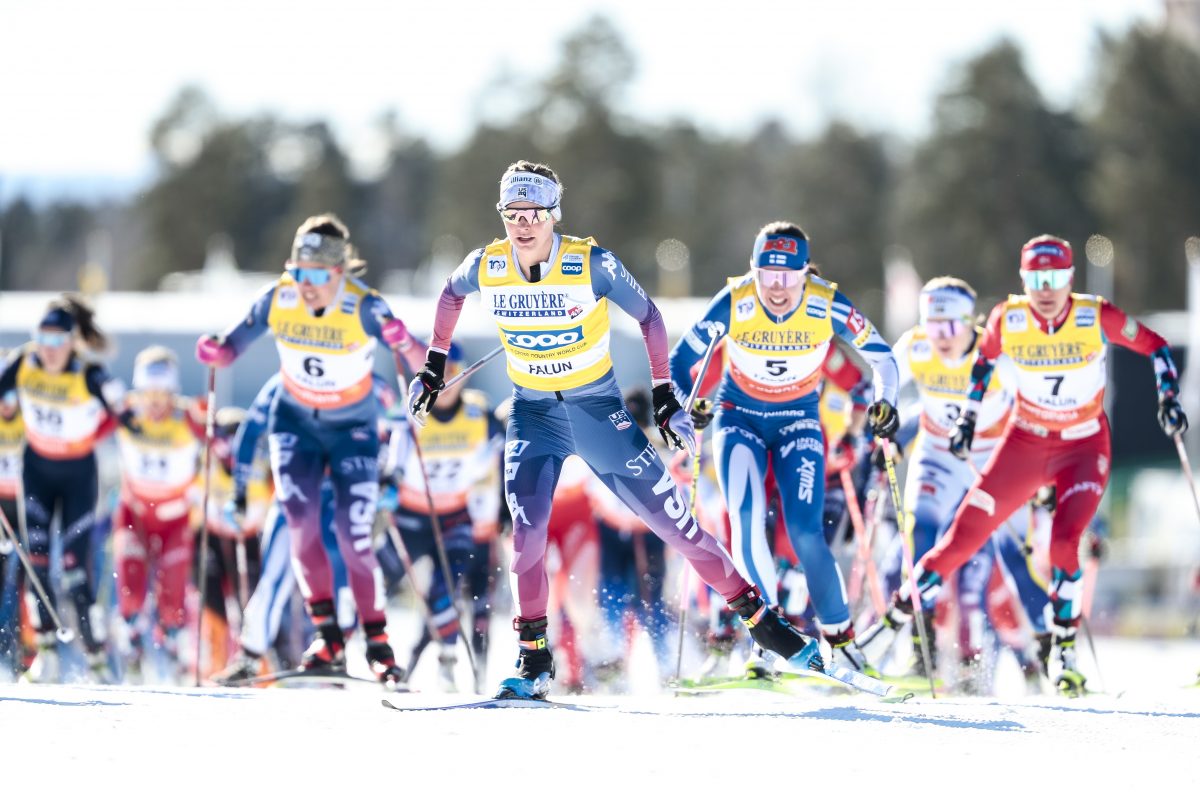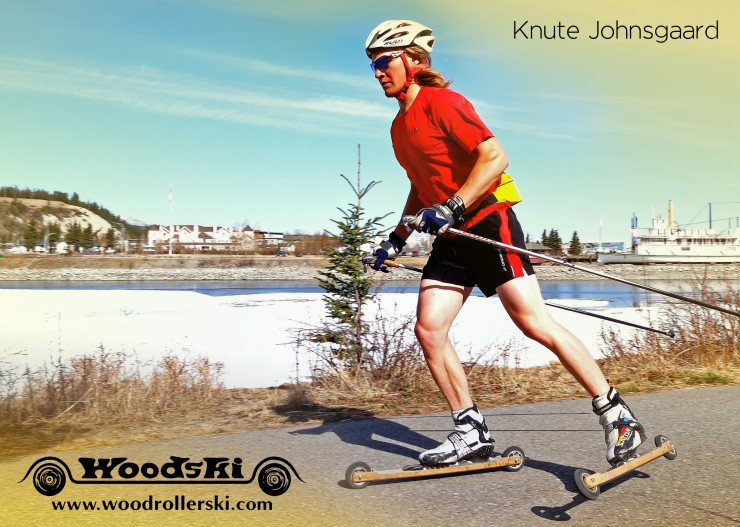
You asked, we answered! Welcome back to another installment of our Question and Answer series. This time around, the owners of RollerSkiShop.com and Woodski, Inc. shed some insight on rollerski speed and off-road models. Got questions of your own? Email questions@fasterskier.com.
***
1. What are the pros and cons of the various off-road classic roller skis? – Rick from Vermont
Clayton Keim, owner of RollerSkiShop.com, wrote in an email his company doesn’t carry off-road rollerskis, but listed some pros and cons:
“Pros: Can roll over bigger stuff for smoother ride, go on gravel and crushed limestone opening up more routes.
Cons: Bulky, heavier typically, if pneumatic wheels you can get a flat.
“Some people don’t have paved trails as an option and just have crushed limestone for training, in which case they have to get an off-road rollerski,” Keim writes. “For those that have paved trails or decent paved shoulders on roads I would suggest avoiding off road rollerskis. For skating get either 100 mm or 105 mm wheels and you can roll over a little more than a wheel that is smaller. Trying to skate on wheels that are less than 90 mm isn’t much fun and not very safe as every stick, crack, and little rock will jolt you more.”
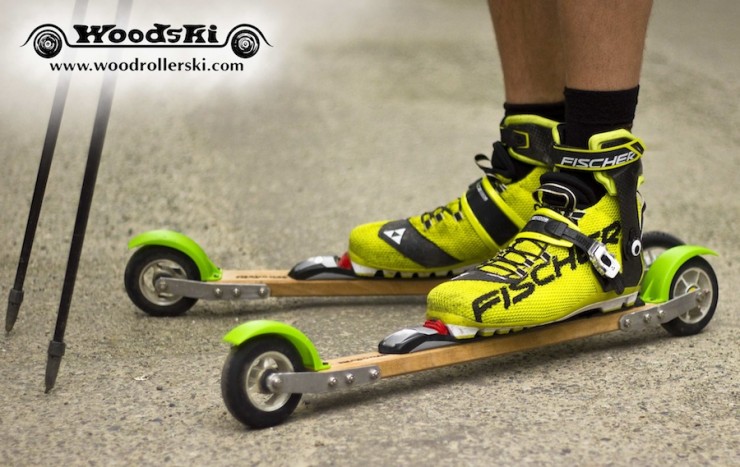
2. Does rollerski speed change when it gets colder? I notice that my intervals around a set loop are not as fast as the weather gets colder. — Warren
“Rollerski wheels run slower in the cold,” writes Keim. “Prime example was this January after a meltdown and rain I went out rollerskiing in Minneapolis. Air temp was mid 20’s and rollerskiing was really slow compared to how it was late fall on the same setup. The cold will slow down the bearings causing this as the grease becomes thicker. I’m not sure at what temp you start to really notice it, but I feel it’s pretty cold like the low 30’s. Our bearings and most rollerski bearings out there are greased, but if someone has oiled bearings they shouldn’t slow down as much. The amount of grease in them would be a factor as well.
Most of the wheel speed under normal temps however mostly comes from the rebound of the rubber. Doing a spin out test isn’t a very accurate way to measure speed as that just looks at how much grease is in the bearings and how thick it is. A good way to compare rebounds at home between different wheels is drop them next to a wall and see how high they bounce. A faster wheel will bounce higher and a slow wheel won’t bounce much as the energy is absorbed. Under normal temps this is how we achieve our different speeds as greased bearings will only slow you down so much.”
But if it’s sizzlin’ hot, it’s going to be slower, explains Peter Breu, president of Woodski, Inc.
“You should be faster as the temperature drops as the rubber of the wheels will indeed be harder as they get colder,” Breu wrote in an email. “If I had to guess, I’d say that the difference between wheels at 80 [degrees] F and 32 [degrees] F would be quite noticeable – perhaps 5-10% faster. If the wheel bearings were packed in thick grease that would offset any increase in speed, but most bearings have very light and little grease so that would not normally be a factor.”
Alex Kochon
Alex Kochon (alexkochon@gmail.com) is a former FasterSkier editor and roving reporter who never really lost touch with the nordic scene. A freelance writer, editor, and outdoor-loving mom of two, she lives in northeastern New York and enjoys adventuring in the Adirondacks. She shares her passion for sports and recreation as the co-founder of "Ride On! Mountain Bike Trail Guide" and a sales and content contributor at Curated.com. When she's not skiing or chasing her kids around, Alex assists authors as a production and marketing coordinator for iPub Global Connection.

